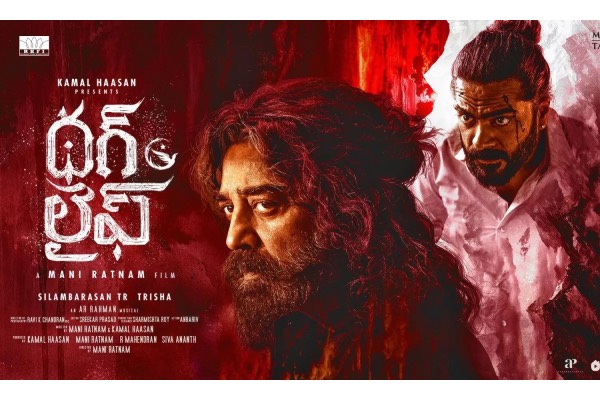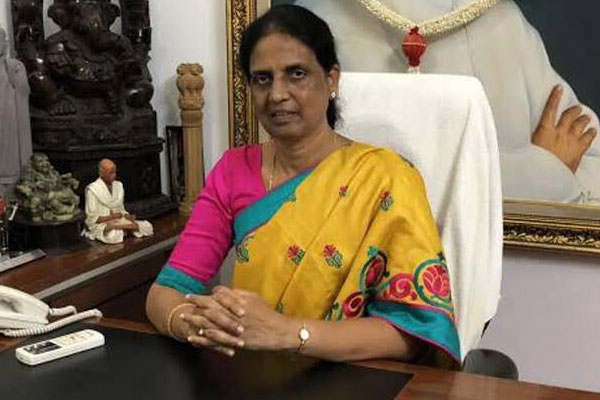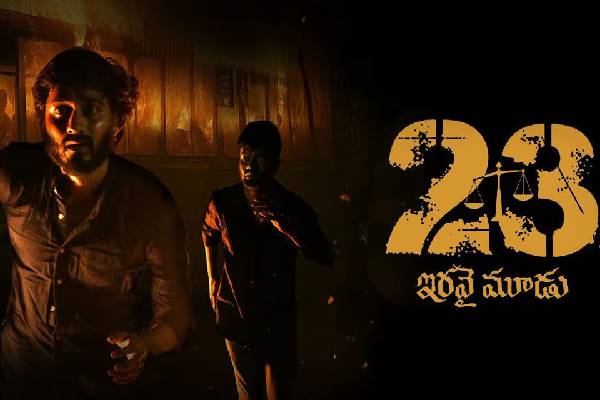Every time a blockbuster releases in Tollywood, the scene gets familiar. There is an extra buzz and vigilance about piracy. Fans are asked to organise themselves to ring-fence producers from losses arising out of piracy. And a special task-force is created from even police to deter the piracy-wave. But the hype around this is unprecedented for the blockbuster of the year – “Bahubali”. Special police cells tracking piracy in single-screens, one-year moratorium on theatres partaking in piracy, huge punishments to the offenders uploading videos, the list is impressive and like-never-before.
[pullquote position=”right”]Shouldn’t anti-piracy measures apply not just for big budget movies but also for small-time producers? [/pullquote]
But the question to ask, why is the entire Tollywood reacting on such meticulous scale only now when there is a budget of Rs.200 crores at stake? In an industry which makes 18 per cent of the total films certified in India (higher than Bollywood’s 17 per cent), why is piracy a “bigger” offence only now? Piracy knows no color of money – whether it is a small-budget film or a big budget film. Even a producer who makes a film with life-savings of Rs.10 crore is impacted as much as the likes of K Raghavendra Rao, SS Rajamouli, and Dil Raju when a film is pirated. The move towards imposing such checks and balances against piracy is a welcome step, but how do we institutionalise and broad-base it so that every producer in Tollywood can sleep well after his film is released, that the money accumulating in the bank is going up and that debts incurred toward the release are being paid down? In a country which has a population of 1.2 billion, a lot more needs to be done than just monitoring the theatres for the opening weekend because there are 2.4 billion eyes watching and many more who want to make easy money from somebody else’s hardwork. Watch this space for more on anti-piracy.


































